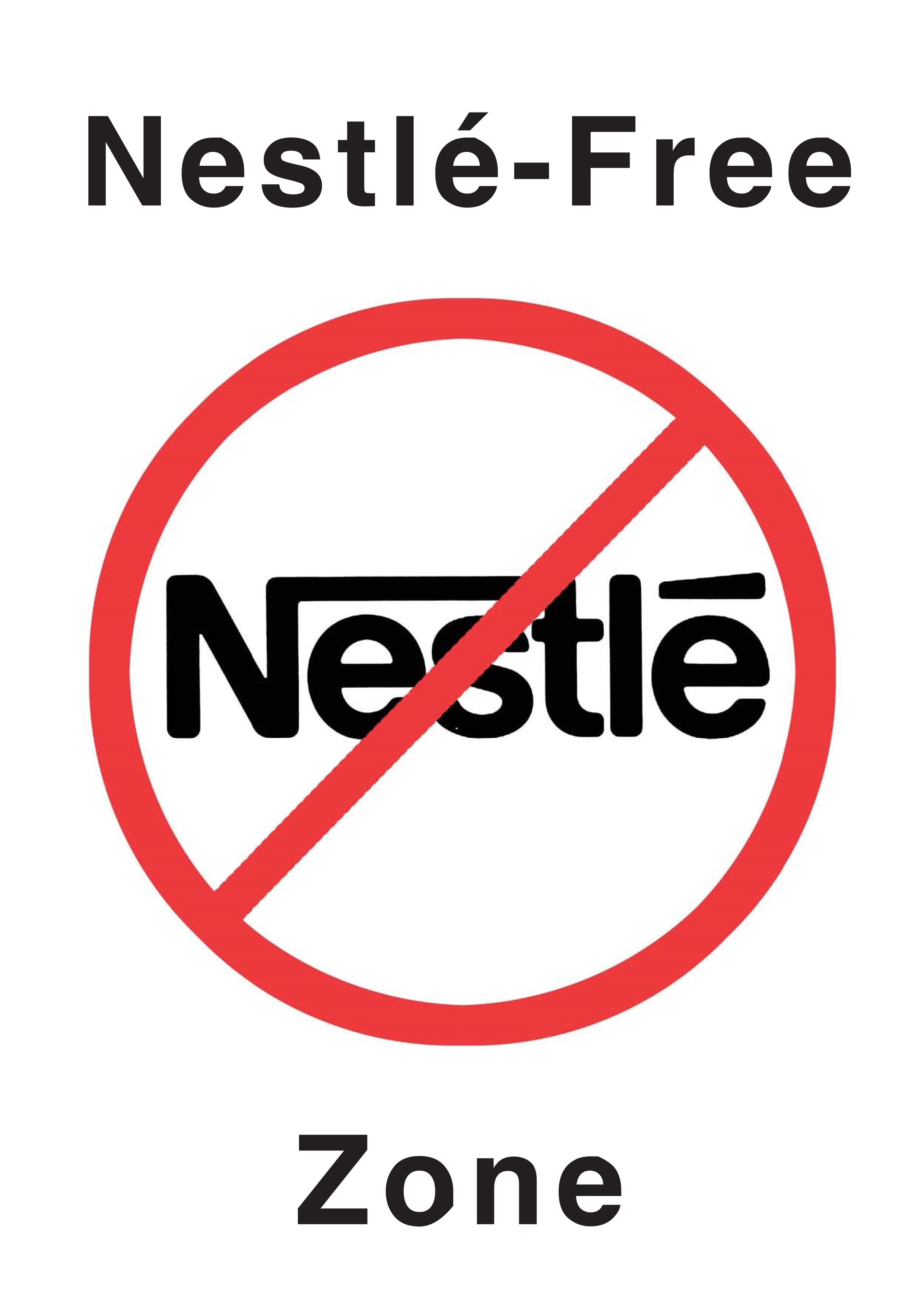Az UNICEF UK Bababarát Kezdeményezés állásfoglalása a hormonoknak a szoptatási képességre és a gyermek egészségére gyakorolt hatásáról készült tanulmánnyal kapcsolatban
Számos napilap tudósított a napokban arról a norvég tanulmányról, amely összefüggést talált a várandósság alatti magasabb férfihormon szint és a szoptatási képesség között. A szerzők eredményeikből azt a következtetést vonták le, hogy az anyák szoptatási képessége kizárólag a hormonszintektől függ. Állításuk szerint ugyanezek a hormonszintek a felelősek a szoptatott és a tápszerrel táplált gyermekek egészségi állapotának különbségéért is. Ennek a kis esetszámú kutatásnak az eredményei további vizsgálatot igényelnek. Mindamellett az eredmények nem magyarázzák a szoptatási arányok különböző országokban tapasztalt óriási eltéréseit, és azt, hogy egyes országokban az anyák 99%-a sikeresen szoptatja gyermekét. A szerzők állításai ellentmondásban vannak azzal az igen nagyszámú bizonyítékkal is, amely szerint a szoptatási arányok növelhetők egy sor olyan beavatkozással, ami a szoptató anyák támogatását javítja.

